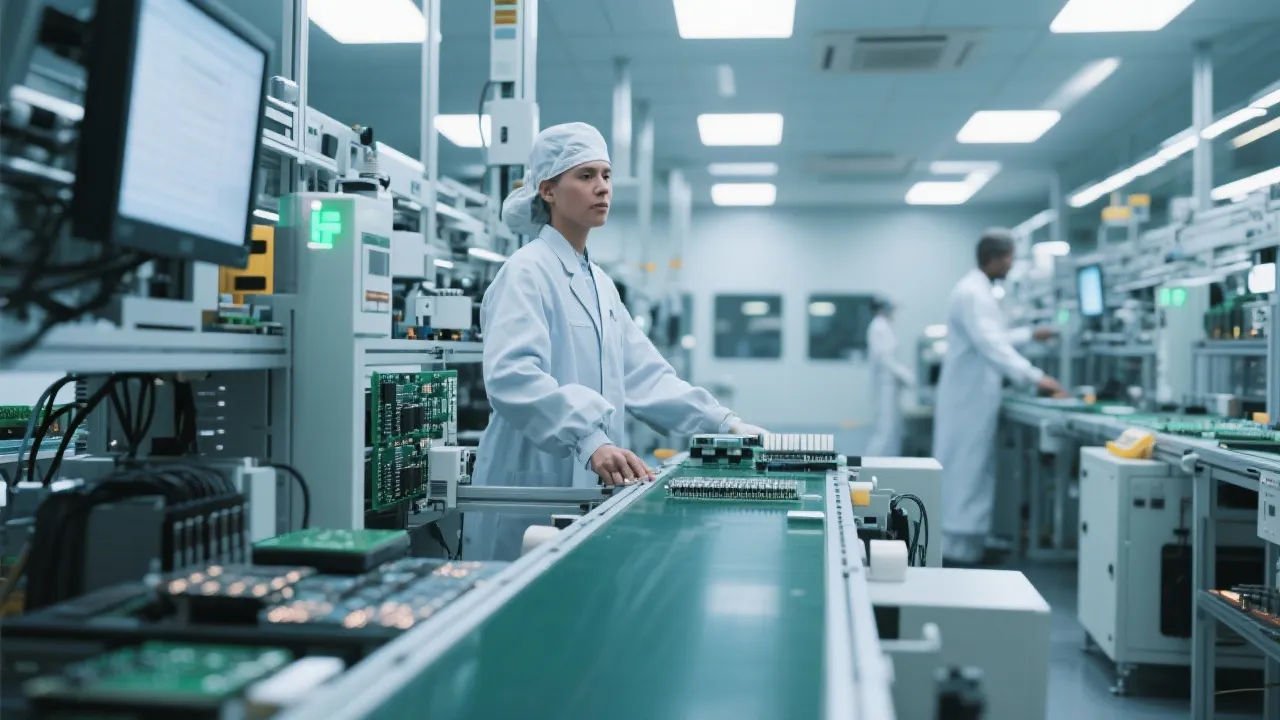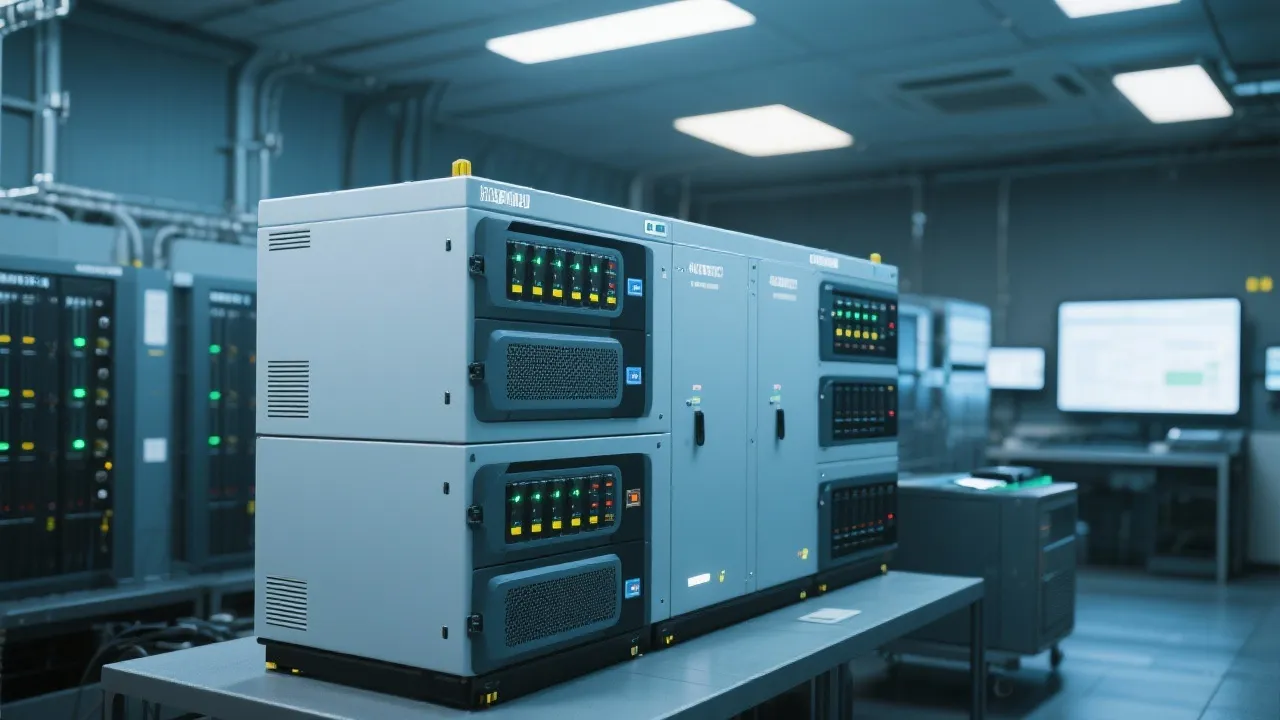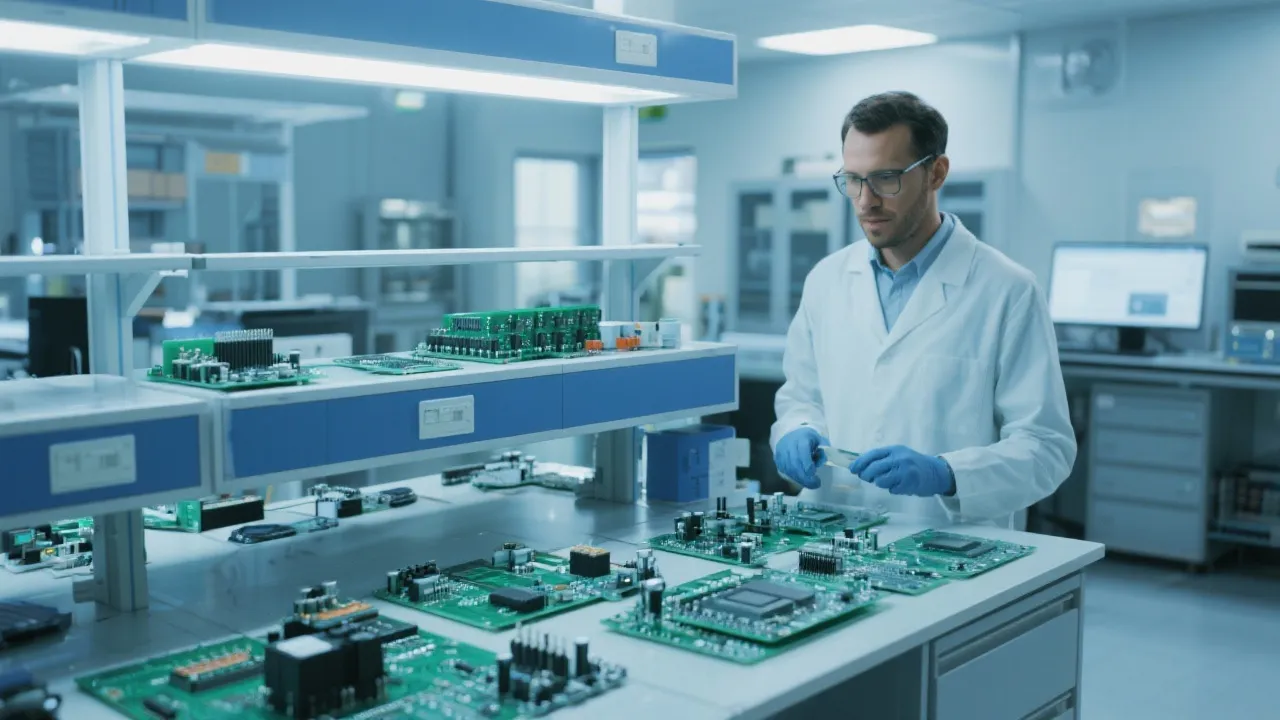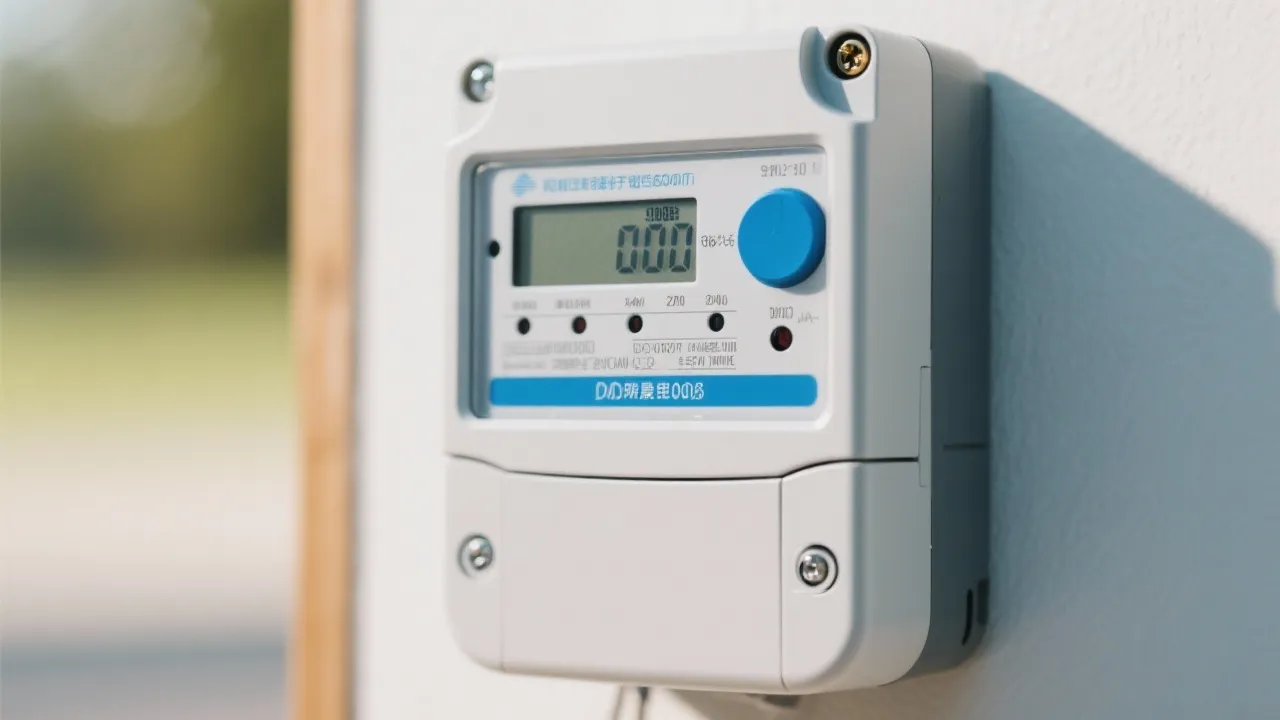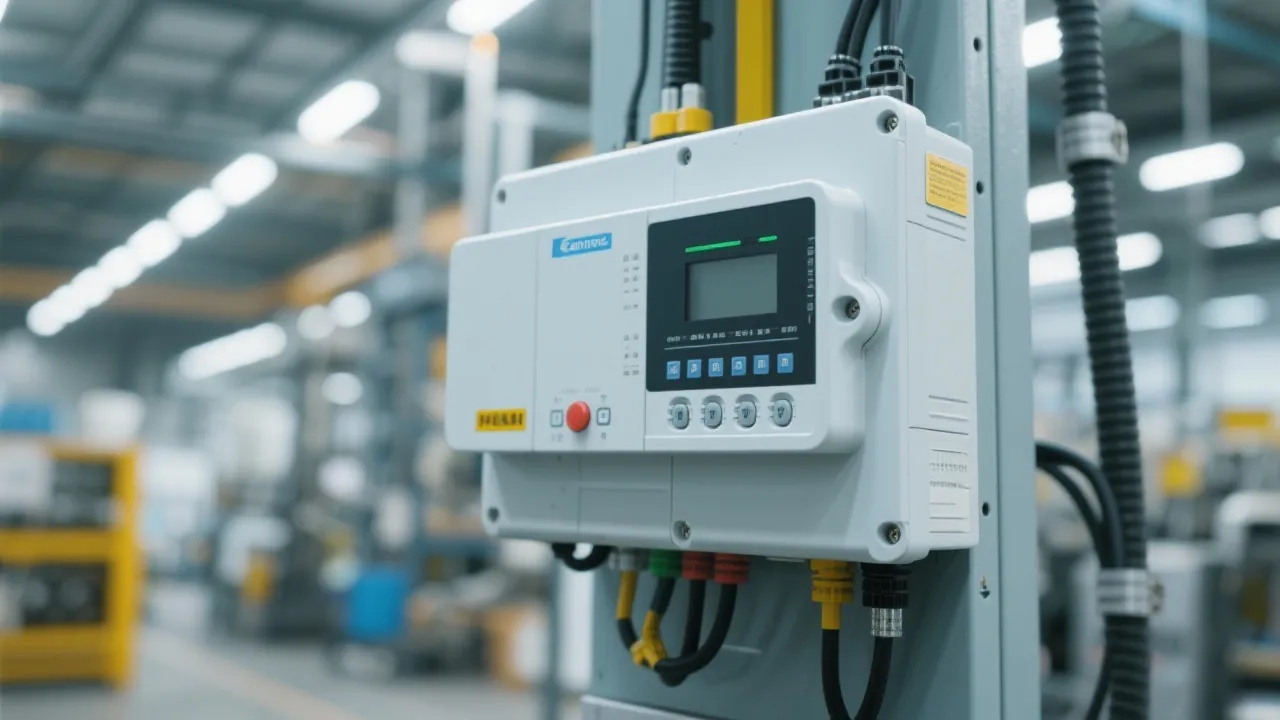Understanding the GCMS-TQ8050 System
The GCMS-TQ8050 is a cutting-edge technology in the field of gas chromatography-mass spectrometry (GC-MS). Known for its high precision and sensitivity, this system is used extensively in laboratories for the analysis of complex compounds. This article delves into the workings of the GCMS-TQ8050, its applications in various sectors, and the advantages it offers over other analytical tools.
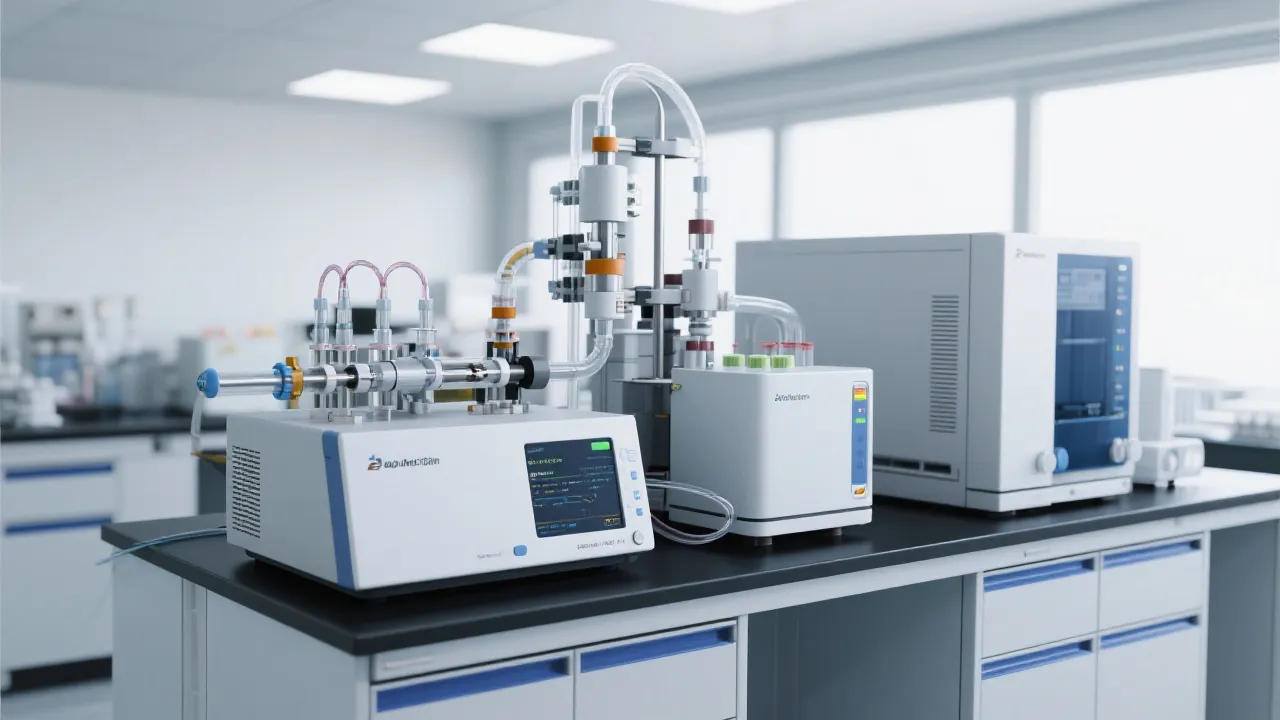
Introduction to the GCMS-TQ8050
The GCMS-TQ8050 is a state-of-the-art instrument that is revolutionizing the field of analytical chemistry. As a gas chromatography-mass spectrometry system, the GCMS-TQ8050 provides unparalleled analytical capabilities, making it an indispensable tool for laboratories worldwide. Its high sensitivity and precision facilitate the detection of even the very minute concentrations of complex chemical compounds. With advancements in technology, the GCMS-TQ8050 allows researchers and analysts to conduct a vast array of tests, ensuring compatibility with numerous methodologies and protocols utilized across different scientific disciplines.
Features and Advantages of the GCMS-TQ8050
One of the standout features of the GCMS-TQ8050 is its exceptional capability for trace analysis. It employs advanced triple quadrupole technology, providing a higher resolution and allowing for precise quantitation of target compounds in complex matrices. The implementation of tandem mass spectrometry enables researchers to obtain extensive data about molecular weights and structural information of compounds, which is crucial for identifying unknown substances. This specific feature allows laboratories to deal effectively with challenging matrices, addressing issues that conventional techniques often encounter.
Furthermore, with its robust design, the GCMS-TQ8050 boasts excellent reproducibility and stability, essential for consistent analytical results over time. Laboratories face significant pressure to produce reliable data, and the ability to repeat experiments with similar outcomes enhances confidence in the findings. This consistent performance is particularly valuable in regulatory environments where compliance with standards is non-negotiable.
The GCMS-TQ8050 capitalizes on efficient ion source technology that improves ionization efficiency, thus enhancing overall sensitivity. The Quad Ion Source (QIS) of the GCMS-TQ8050 provides improvements by minimizing fragmentation during the ionization process, maximizing the number of intact molecules analyzed. This is beneficial when analyzing environmental samples, pharmaceuticals, and food safety applications, where trace levels of contaminants need to be detected. Laboratories value this system for its ability to reduce false positives and negatives, thanks to its highly specific detection capabilities that can differentiate between similar compounds, ensuring that any detected signals correspond to real analytes.
Applications Across Industries
The versatility of the GCMS-TQ8050 allows it to be utilized across various industries. In the environmental sector, it is instrumental in monitoring pollutants and contaminants, helping to ensure compliance with environmental regulations set forth by governmental agencies. For instance, the detection of volatile organic compounds (VOCs) in water and air samples is essential for identifying harmful substances that may affect health and ecosystems. The ability to run complex samples with high sensitivity ensures that environmental scientists can track contamination events accurately and advocate for necessary remedial actions based on data-driven studies.
In the pharmaceutical industry, the GCMS-TQ8050 aids in drug development and quality control by accurately profiling complex formulations. It facilitates method development by enabling researchers to confirm the presence and quantity of active pharmaceutical ingredients (APIs) as well as to identify any potential impurities that could affect product quality. Its application in pharmacokinetics studies allows for the analysis of drug metabolism and the monitoring of drug levels in biological samples, which is critical for understanding therapeutic efficacy and safety. The ability to perform these analyses efficiently assists pharmaceutical companies in meeting regulatory requirements and ultimately brings safer products to market more quickly.
The food and beverage industry relies on it to ensure safety and compliance by detecting contaminants and residues. From pesticide residue analysis in fruits and vegetables to the detection of mycotoxins in grains, the GCMS-TQ8050 serves as a critical tool in quality assurance programs. This has become increasingly important given the heightened consumer awareness of food safety and nutritional quality. Moreover, with the rise of food fraud, it is essential to monitor and authenticate the origin and composition of food products, ensuring their purity and integrity through rigorous analysis.
Furthermore, the application of the GCMS-TQ8050 extends into forensics, where it aids in the identification of biomarkers in biological samples, contributing to a myriad of investigations, including drug trafficking and toxicology. The ability to perform targeted and non-targeted screenings aids forensic scientists in providing definitive evidence that can be pivotal in legal cases.
Comparison Table: GCMS-TQ8050 vs. Other Systems
| Attribute | GCMS-TQ8050 | Other GC-MS Systems |
|---|---|---|
| Sensitivity | High sensitivity, suitable for trace analysis | Varies, generally lower than TQ8050 |
| Technology | Triple Quadrupole | Single or Dual Quadrupole |
| Applications | Broad range including pharmaceuticals, environmental, food safety | Often more specialized |
| Stability and Reproducibility | Excellent | Varies greatly |
| Ion Source Efficiency | Highly efficient QIS | Conventional sources with less efficiency |
| Aerodynamic Focus | Enhanced to minimize loss of analytes | Basic optimization |
Operational Insights
The GCMS-TQ8050 system is engineered with user-friendliness in mind. It features an intuitive software interface that simplifies complex analyses, making it accessible to both novice users and seasoned experts. The integration of advanced software tools enables users to manage instrument operations, conduct analyses, and interpret results easily. Additionally, built-in protocols facilitate training for new users, streamlining the onboarding process and reducing the learning curve associated with complex instrumentation.
Its automated tuning and calibration ensure that the system can be readily employed without extensive downtime, maximizing laboratory throughput and efficiency. The automated self-diagnostics system continuously monitors the performance of the instrument, alerting users to any potential issues before they affect analysis. This proactive approach minimizes the risk of instrument failure during critical operations, a crucial advantage in busy laboratories that require unbroken workflow.
Moreover, the GCMS-TQ8050 supports high-throughput analysis with rapid-run capabilities, allowing laboratories to conduct a large number of samples in a shorter time frame without compromising the quality of the output. These attributes greatly enhance productivity, particularly in environments where rapid turnaround is essential, such as clinical and forensic laboratories.
Advanced Features Enhancing Performance
The GCMS-TQ8050 incorporates several advanced features aimed at enhancing performance and user experience. One such feature is the real-time data analysis capability, enabling users to evaluate results on-the-fly. This not only aids in the swift identification of issues but also allows for immediate decision-making regarding sample processing or further testing. The integration of cloud-based technologies facilitates data storage and sharing, vastly improving collaborative efforts within research teams across different geographical locations.
Moreover, the system’s ability to operate in various modes, such as full scan, selected ion monitoring (SIM), and multiple reaction monitoring (MRM), allows for flexibility in method development. Researchers can choose the mode that best suits their particular needs, whether they require broad screening of compounds or targeted analysis of specific analytes.
Additionally, the adoption of a high-resolution mass spectrometry (HR-MS) option expands the capabilities of the GCMS-TQ8050, enabling ultra-high resolution measurements for complex mixtures. This is especially beneficial when separating isomers or closely related compounds where minute differences can hold significant implications in research outcomes. The analytical power derived from these high-resolution capabilities not only empowers scientists but importantly enhances the reliability and robustness of their results.
FAQs
- What makes the GCMS-TQ8050 stand out in trace analysis?
The GCMS-TQ8050's advanced triple quadrupole technology and efficient ionization process enable it to detect exceedingly low concentrations of compounds, which is essential for accurate trace analysis. Its ability to distinguish between compounds with similar masses provides a competitive edge in complex analytical scenarios.
- Is the GCMS-TQ8050 suitable for complex matrices?
Yes, its design allows it to handle complex matrices effectively, providing precise quantitation without interference. The incorporation of advanced computational algorithms further enhances its capability to resolve overlapping signals that arise in challenging samples.
- How does the GCMS-TQ8050 enhance lab productivity?
Its automated features, such as tuning and calibration, minimize downtime, allowing for continuous operation and higher throughput. The workflow optimization capabilities, including batch processing and streamlined data acquisition, help laboratories achieve their analytical goals more efficiently.
- For which industries is the GCMS-TQ8050 very applicable?
It is broadly applicable and particularly beneficial in the pharmaceutical, environmental, and food safety industries. Additionally, its reliability and versatility make it suitable for use in clinical settings and research institutions, where high-quality data is vital.
Conclusion
The GCMS-TQ8050 represents a significant advancement in the field of gas chromatography-mass spectrometry, and its high precision, sensitivity, and versatility make it a preferred choice for a wide range of applications. Whether for environmental monitoring, pharmaceutical development, food safety assessment, or forensic investigations, the GCMS-TQ8050 offers reliable and accurate analyses crucial for maintaining industry standards and regulatory compliance.
As the landscape of analytical chemistry continues to evolve, the GCMS-TQ8050 is well-positioned to support future innovations. It is equipped not only to meet the existing analytical demands but also to adapt to new challenges that arise in a constantly shifting field. Its design prioritizes flexibility, allowing researchers to modify and expand their methodologies as they pursue groundbreaking research and pursue solutions for complex problems facing society today.
In summary, the integration of advanced technologies in the GCMS-TQ8050 provides a comprehensive solution for laboratories aspiring to achieve the highest levels of research quality and productivity. Its significant capabilities and user-centered features make it an investment that empowers scientists and enhances their capacity to contribute valuable insights across various domains of science and industry.





